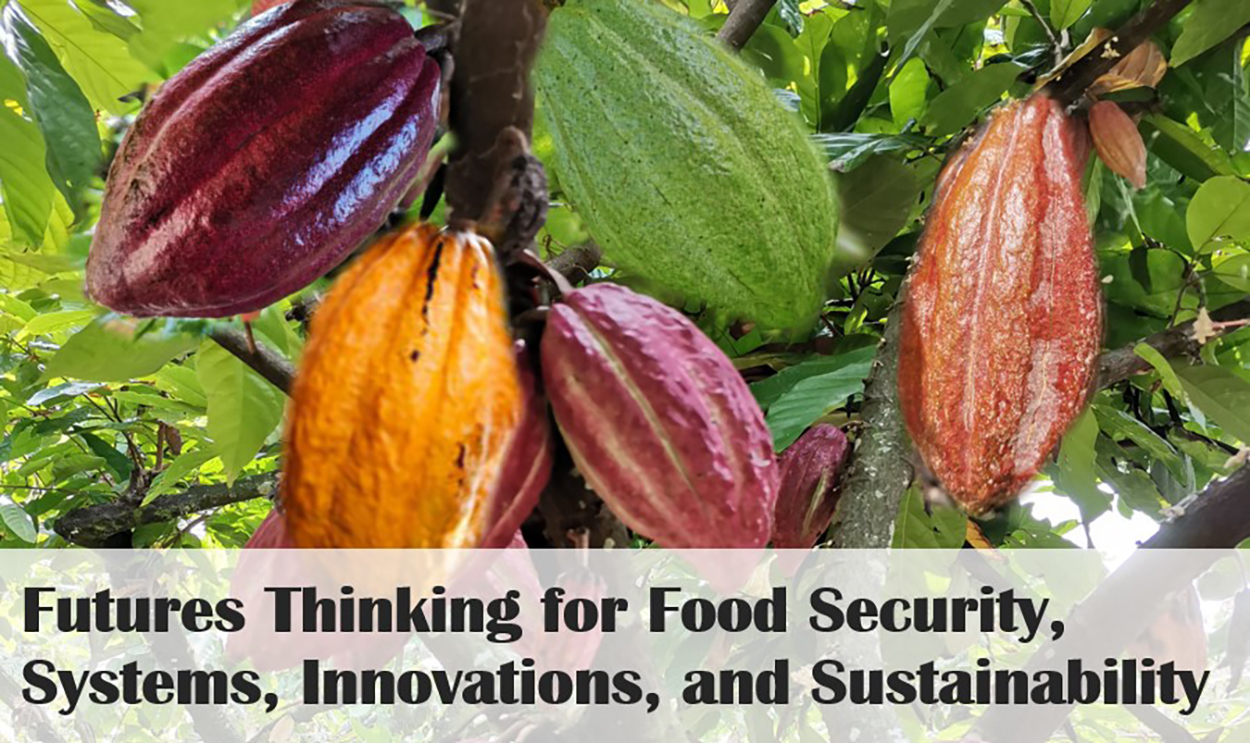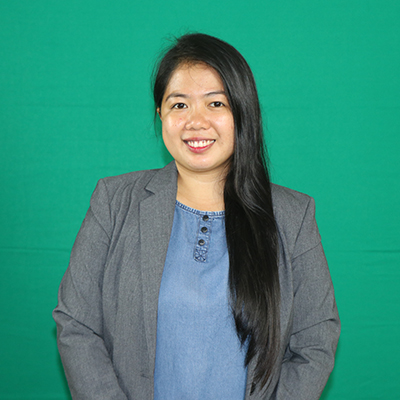
Futures thinking is a future-oriented mindset through a systematic method of exploring alternative futures. There is a great need to create futures for agricultural developments, innovations and systems to ensure sustainable production, profitability and food security. Futures thinking provides foresight, directions, interventions, and solutions utilizing various scientific fields to address futures for food security due to population increase.
Through capacity-building activities facilitated by the Philippine Futures Thinking Society (PhilFutures), the University of Southern Mindanao (USM) created Futures thinking for food security, systems, innovations, and sustainability grounded in science. Using a backcasting strategy, projects to achieve PhilSciFutures2050 for foods in the Philippines were developed. USM generated futures for cereals, protein sources, high value crops and halal. Emphasis was directed to adlai and corn as alternatives to rice due to low glycemic index. The potential of generating protein sources (fish, poultry, and livestock) from Ligawasan marsh was identified. Developments of high value agricultural commodities like cacao, banana and other fruit crops, and halal food products were also initiated.
The research, development, and extension (RDE) projects under the Futures Thinking program were crafted to address various areas of Sustainable Development Goals (SDG) such as no poverty; zero hunger; good health and well-being; industry, innovation, and infrastructure; sustainable communities, responsible consumption and production; and life on land, among others. These RDE projects utilize advances in science and technology to generate products or technologies and provide interventions to problems in agricultural production. Projects include molecular marker technology to identify authentic recommended cacao varieties and ensure planting of high yielding varieties for increased productivity and profitability, and the invention and utilization of molecular probes for early detection of causal pathogens of major banana disease using real-time PCR and digital PCR to prevent disease outbreak.

April Kimberly Lamera
Research Staff

Carlo Q. Reston
Research Staff

Lea Recapente
Research Staff

Mary Grace Samulde
Research Staff
